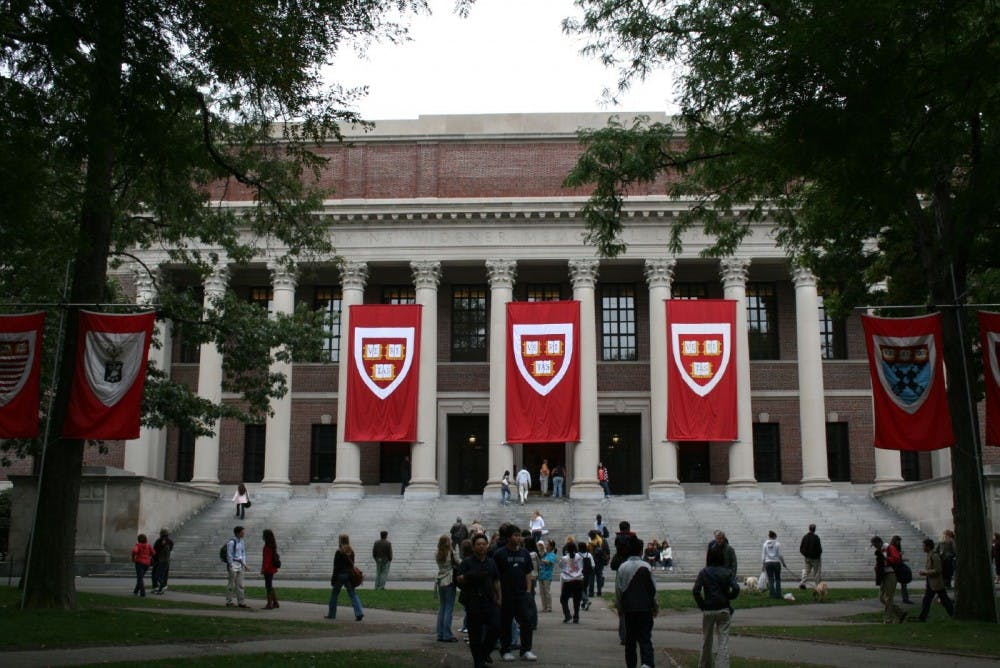On Monday, Sept. 30, Judge Allison D. Burroughs of the U.S. District Court for the District of Massachusetts ruled in favor of Harvard University in a civil-action lawsuit filed by Students for Fair Admissions, a group alleging that Harvard discriminates against Asian-American students in its admission process.
The ruling holds that “the use of race benefits certain racial and ethnic groups that would otherwise be underrepresented at Harvard and is therefore neither an illegitimate use of race or reflective of racial prejudice.”
The decision follows months of media and public scrutiny of the Harvard admission process.
Students for Fair Admissions argued that Harvard’s use of race in admissions is not in keeping with prior judicial allowances and that Harvard “discriminates against Asian-American applicants in the undergraduate admissions process to Harvard College in violation of Title VI.”
In the suit, Harvard stressed that considering race in admissions furthers its mission “to create opportunities for interactions between students from different backgrounds and with different experiences to stimulate both academic and non-academic learning.”
Harvard lawyers emphasized that race was never the sole factor in deciding the fate of a student’s application.
Princeton and other elite universities came out in support of Harvard shortly after the lawsuit was filed.
In a joint amicus brief with 15 other universities, Princeton stressed that “[enrolling] a diverse student body … significantly deepens the students’ educational experience” and that “holistic review of applications is the best means that universities can employ in pursuit of meaningful diversity.”
Cecilia Rouse, Dean of the Woodrow Wilson School, and the late Alan Krueger, the James Madison Professor of Political Economy, signed onto an amicus brief in support of the statistical analysis used by Harvard to justify its admissions practices in the lawsuit.
In a statement to The Daily Princetonian, University spokesperson Ben Chang reaffirmed the University’s support for Harvard in the case, as well as its dedication to attaining a diverse student body as part of “our educational mission.”
“Princeton University strives to enroll a diverse student body because doing so significantly deepens our community’s educational experience,” Chang noted. “And we stand by the belief that individualized and holistic review of student applications is the best means that a university can employ in pursuit of meaningful diversity, with race and ethnicity as one factor among many in order to better understand each applicant and the contributions he or she might make to the university environment.”
Although Harvard emerged victorious, the public scrutiny that Students for Fair Admissions v. Harvard brought to Harvard’s admission process was not all favorable for the university.

Documents released as part of the lawsuit indicate that the “personal ratings,” assigned to students by admissions officers — who consider subjective factors, such as “positive personality” and “kindness” — were meaningfully lower for Asian students than those given for students of other races.
While Judge Burroughs ruled in Harvard’s favor, Students for Fair Admissions has indicated it will appeal the decision, and even months before the ruling, experts predicted that the case will ultimately end up on the Supreme Court’s docket.








